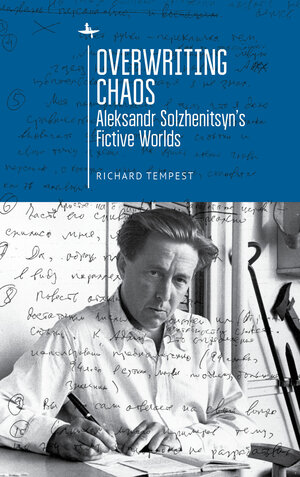
In December Richard Tempest, Associate Professor of Slavic Languages and Literatures, published a new book, Overwriting Chaos: Aleksandr Solzhenitsyn’s Fictive Worlds (Academic Press), the first full-length study of the entire corpus of Aleksandr Solzhenitsyn’s prose works.
Overwriting Chaos is addressed to an academic audience as well as the general reader. It examines Solzhenitsyn's depiction of the Russian Revolution as a catastrophic turning point in world history that was both terrifying and farcical; his portrayal of Lenin and Stalin as twin monsters of an utterly modern kind; his literary games and erotic codes; and his polemical relationship with Western culture, from Plato and Nietzsche to Modernism and rock music.
Solzhenitsyn (1918-2008) was a Russian novelist, historian, and short story writer, best known for his book, The Gulag Archipelago (1973). A year late he had his Soviet citizenship taken away. Solzhenitsyn received the 1970 Nobel Prize in Literature "for the ethical force with which he has pursued the indispensable traditions of Russian literature".
For more about the book, including author bio and praise: https://www.academicstudiespress.com/culturalrevolutions/overwriting-chaos-aleksandr-solzhenitsyns-fictive-worlds